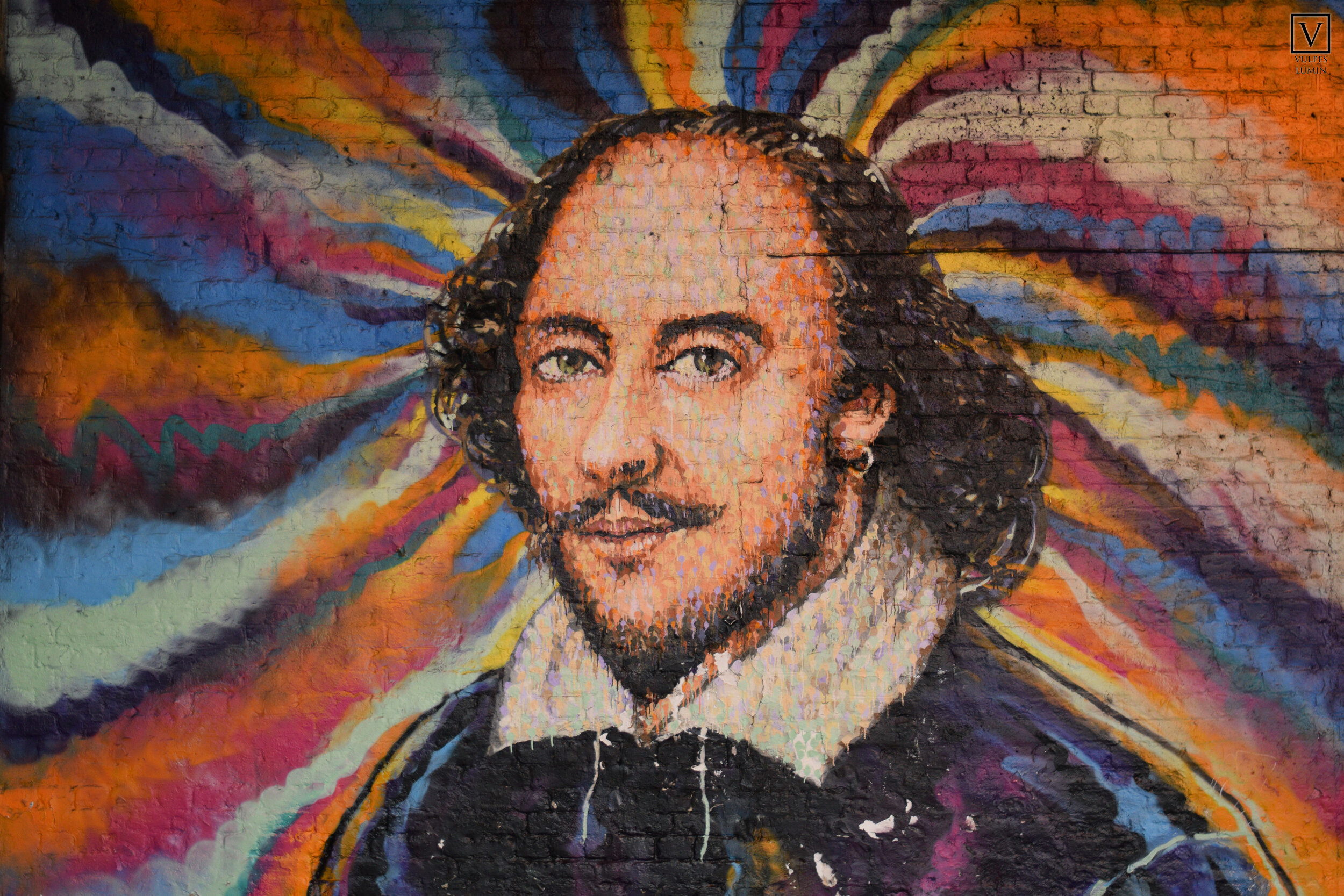
A Brief History of English
English is the main language of Britain and many of its current and previous British colonies. But English is actually only 1,500 years old, which is quite young for a language. For example, Greek is around 5,000. About 80% of the words in English are not actually completely “English”, they are borrowed from other languages.
In 450 AD Britain was invaded by the Anglo-Saxons (the Angles, Jutes and the Saxons), who spoke in Germanic languages. They weren’t interested in the Celtic language of the Celt inhabitants and didn’t take many of their words. The language the Anglo-Saxons spoke is now known as Old English. An example of it can be seen in the poem, Beowulf. This piece of poetry is very difficult to understand, this is because there are not very many surviving words from this era of the language. The ones that do still exist are normally one-syllable words and are some of our most commonly used words, even though they only make up 20% of Modern English. Some of these words include house, rain, storm, drink and meat.
Some of those words were also from Latin, which came over with the Roman Empire a couple hundred years before. More Latin words were introduced when the Anglo-Saxons, who were pagan, converted to Christianity in about 550 AD, as Latin was the language of the church. In the 800s the Vikings, who spoke a separate Germanic language to the Anglo-Saxons called Norse, took over most of Northern Britain and introduced some words as well as changing grammar.

In 1066 the Normans, who spoke French, invaded Britain and became rulers. They didn’t really want to teach the conquered English peasants French, so the powerful people spoke French and the workers spoke English. Over time some French words entered the language though. When the French lost lands in France they began to speak the English of the time.
In and after the 1400s the printing press was invented, making it easier for a certain spelling of a word to spread. New words for scientific discoveries were being named from Latin and Greek. There were journeys to foreign places which brought back new items, which had new names. Around this time, Shakespeare, who is considered to be part of the early modern English period, also began to introduce new words such as aerial, cheap, defeat, grime and gust.
By the 1800s the British Empire had control of many places around the world and made the people speak English. But over time words from those places managed to enter the language. This time is part of modern English, this is pretty much what we speak currently.
Shakespeare stuff.
